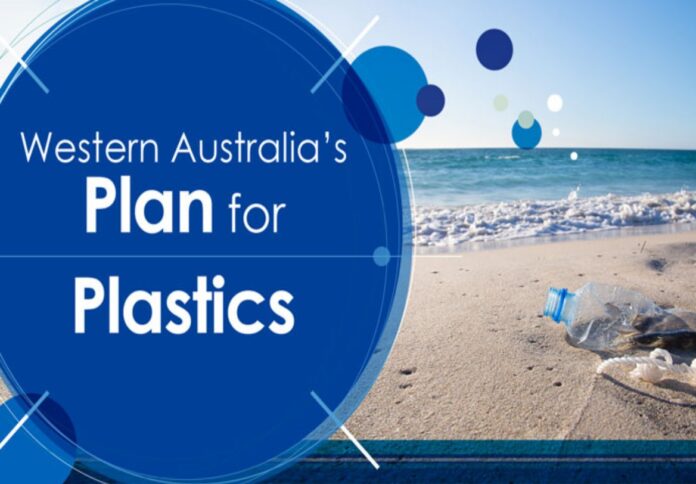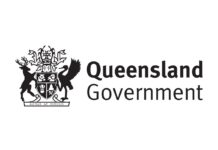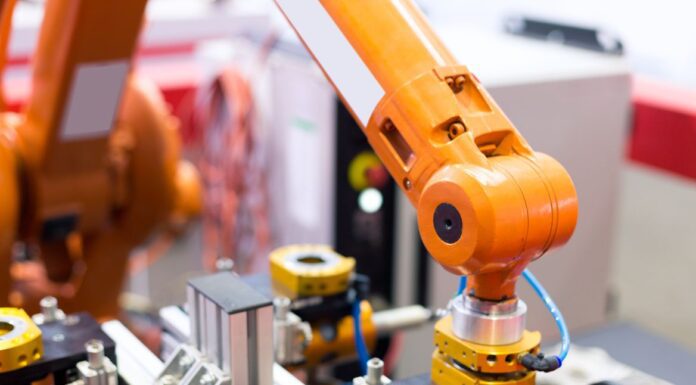
Western Australia (WA) is bidding farewell to non-compostable coffee cups, as part of its comprehensive Plan for Plastics initiative.
This groundbreaking decision, constituting the second stage of the plan, underscores WA’s commitment to combatting single-use plastics and fostering a culture of sustainability across the state, the government said in a media statement.
With an emphasis on proactive education and stakeholder engagement, the ban on non-compostable coffee cups will be rolled out in partnership with retailers and consumers.
Rather than punitive measures, the State Government is prioritising cooperation and support to facilitate a smooth transition towards eco-friendly alternatives.
The impact of WA’s Plan for Plastics is already tangible, with a staggering 430 million fewer single-use plastics finding their way into landfills or litter each year.
Building upon this momentum, the second stage of the plan is projected to eliminate an additional 700 million single-use items annually, with hot beverage cups accounting for a significant portion of this reduction, surpassing 154 million items per year.
Under the ban, only compostable paperboard cups, meeting stringent Australian composting standards, will be permitted, while lids must be entirely devoid of plastic.
This strategic approach ensures that sustainability remains at the forefront of WA’s environmental agenda, promoting the adoption of materials that can be regenerated rather than perpetuating the cycle of plastic pollution.
Environment Minister Reece Whitby expressed satisfaction at the realisation of the regional project, noting its role in job creation and bolstering economic growth.
He highlighted the ban’s alignment with previous prohibitions on items such as cotton buds with plastic shafts, degradable plastic, and microbeads, already in effect in Western Australia.
“The State Government will continue to work with retailers and the community to ensure that the changes are well understood and implemented successfully,” stated Minister Whitby.
Crucially, the implementation of these bans has been informed by extensive consultation with businesses, many of which have expressed support for the initiative and have already embraced environmentally friendly alternatives to single-use plastics.
The collaboration between the Boomerang Alliance, National Retail Association, and the State Government further solidifies the commitment to supporting businesses through the transition, with the WA Plastic Free Places program offering tailored support and resources.
For those eager to learn more about WA’s Plan for Plastics and its second stage, detailed information is available at www.wa.gov.au/organisation/department-of-water-and-environmental-regulation/western-australias-plan-plastics-stage-2.












